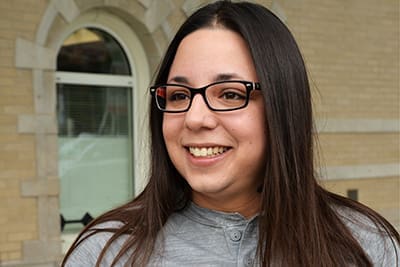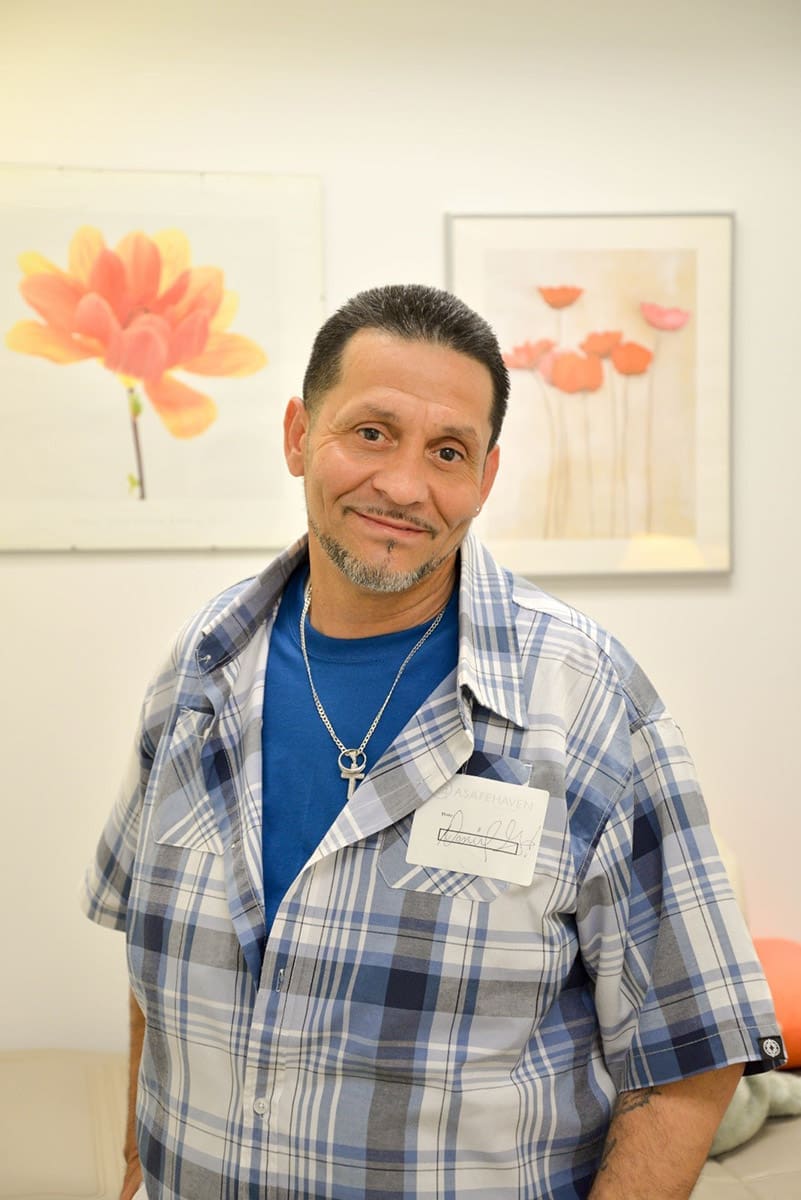By Bailey Williams
Shortly after having her son in 2019, Robin Petties found herself without stable housing. Her son stayed with his grandparents, while she couch surfed at friends’ apartments or slept in her car.
Robin’s household was just one of many families with children experiencing homelessness in Chicago. In 2018, the last year for which U.S. Census data is available, 30,681 families with children experienced housing insecurity, with most staying temporarily with friends or family.
Often to break up this routine, Robin relied on restaurants and other establishments she could go in and enjoy a meal. During winters especially, those businesses ensured she did not have to stay outside in the cold. But when the new coronavirus (COVID-19) prompted restrictions in 2020, many of the places Robin relied on for respite closed. On top of that, if she was going to sleep in her car, she had to find new places to safely do so, since previously populated parking lots were emptier. In short, an already challenging situation got harder.
In December, Robin received a call from the Center for Housing and Health, a supporting organization of AIDS Foundation Chicago (AFC), letting her know about the Flexible Housing Pool (FHP). Developed in collaboration with community partners, the program helps residents experiencing homelessness find reliable, stable housing of their choosing through partnerships with landlords across the city. Once housed, the program helps participants pay their rent each month, furnish their apartments and find other supportive services they need, including employment.
Thanks to an additional $5 million investment from the City of Chicago, the FHP was able to expand to focus on helping young adults with minor children find permanent housing. The goal is to serve 200 families, as part of the City of Chicago’s increased investment in homelessness prevention to reduce youth housing instability by 25%. So far, the FHP has housed 20 families with 50 minor children, including Robin’s.
Robin confirmed she was interested and was then connected to a housing specialist, case manager and eventually, an apartment. The FHP then helped her acquire silverware, pots, pans and other furnishings that made her apartment feel like a home.
“I love having my own apartment,” Robin said. “I love that my son is able to have his own room. I love that he can run around and be free without anyone yelling or screaming at him.”
Robin said having her own apartment has eliminated many barriers for her family. It has made it easier to schedule and keep doctor’s appointments for herself and her son, knowing they had a home to return to rather than having to find a new place to stay if she left an area. Robin and her son could also stay home and social distance more during the pandemic. Lastly, Robin has also been able to read more, which is something she really enjoys.
In less than two years, the FHP has successfully secured permanent housing for 144 people experiencing homelessness. These individuals were identified by partnering hospitals, who keep an eye out for patients who could benefit from the program.
“It’s a really great program, especially for people who are trying to find a way to get on their feet,” Robin said. “It’s a very good stepping stone.”
To learn more about the Flexible Housing Pool, click here. To learn more about the Center for Housing and Health’s work, click here.


